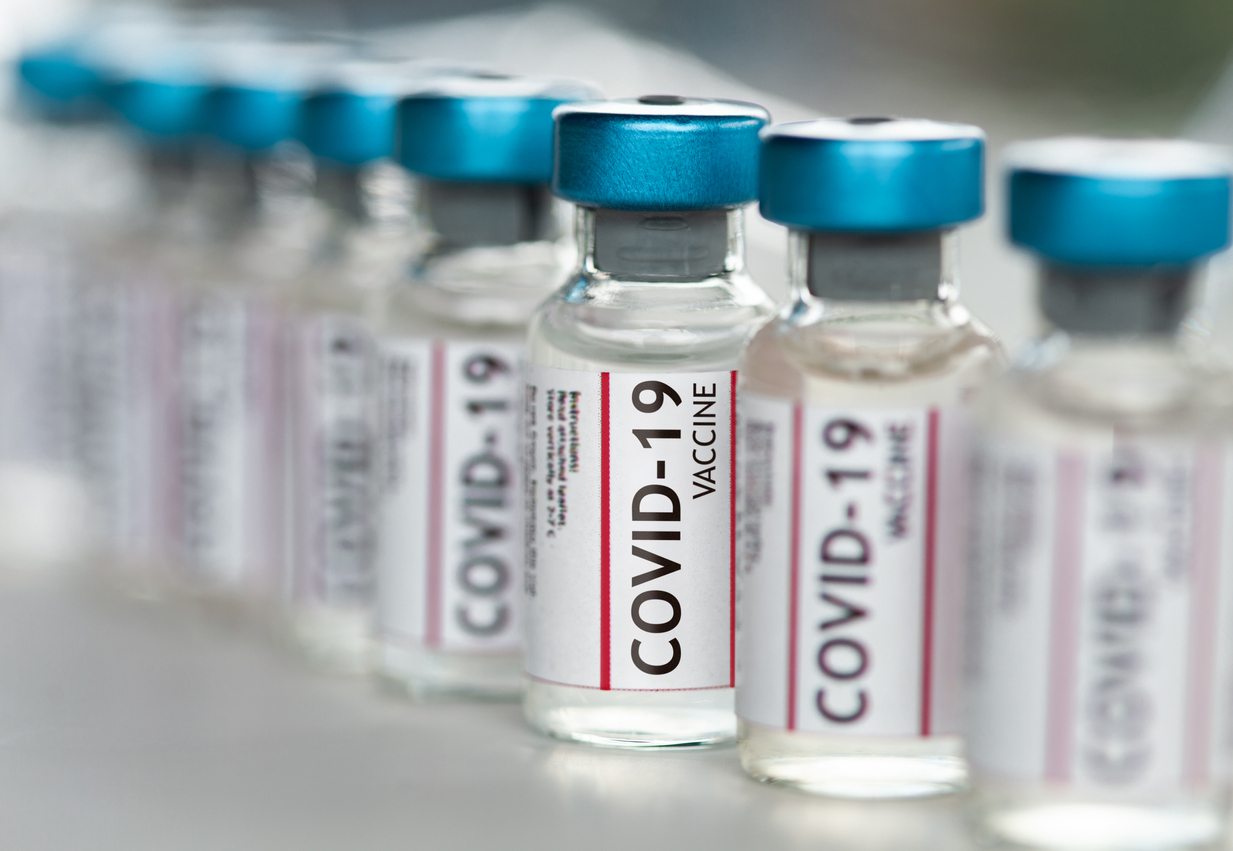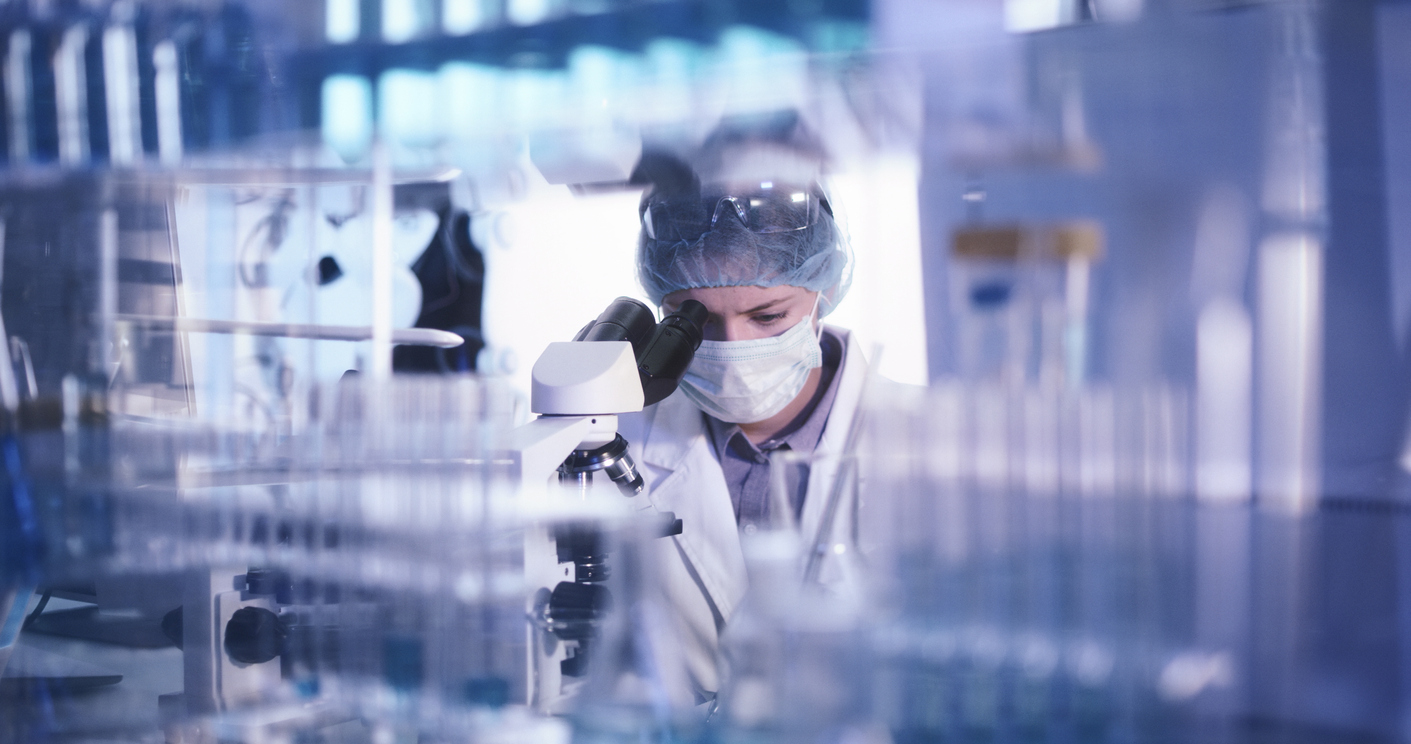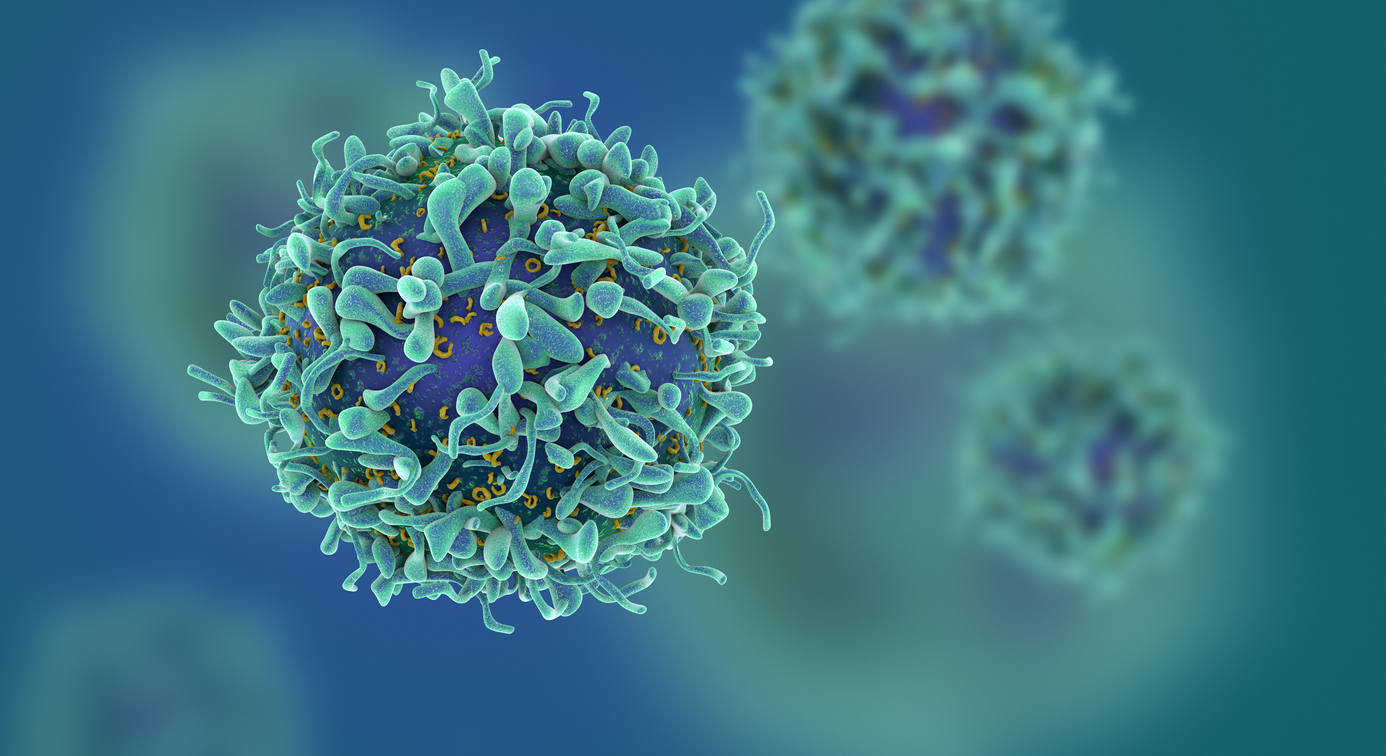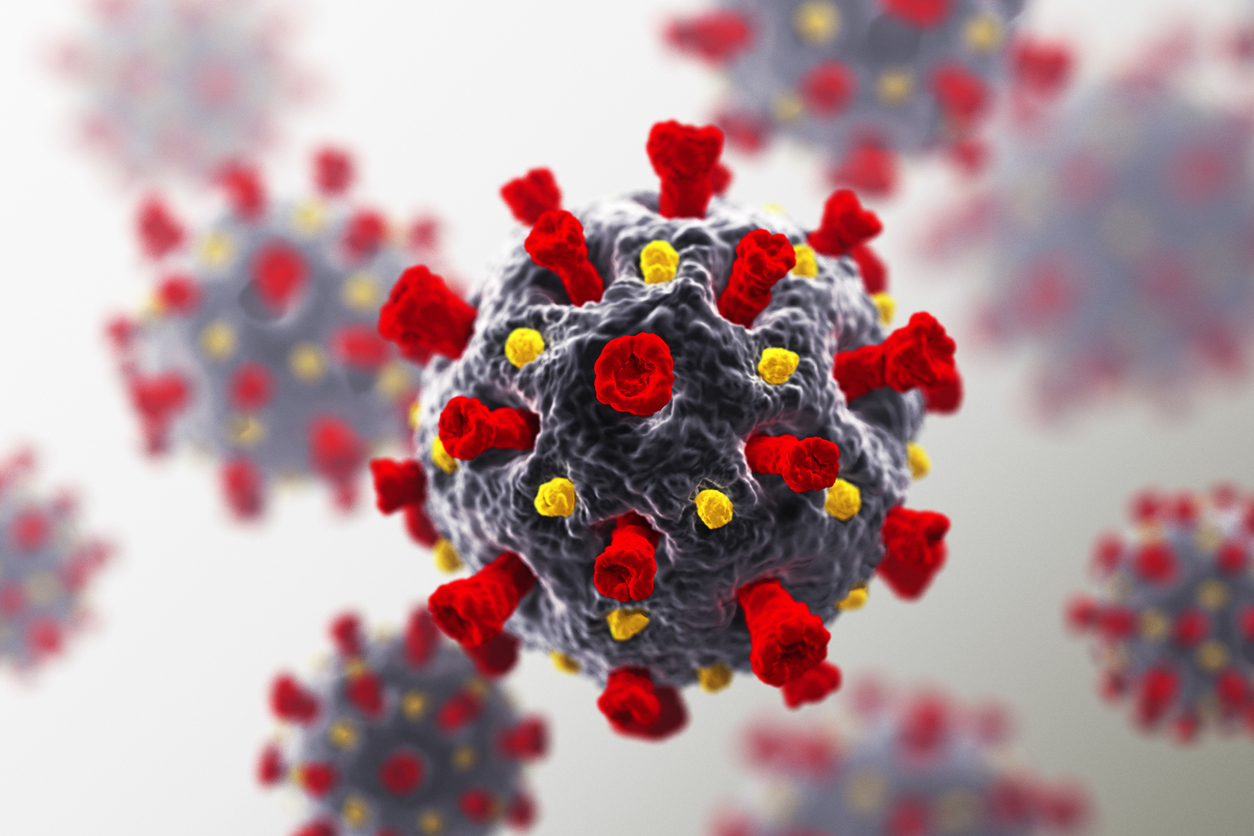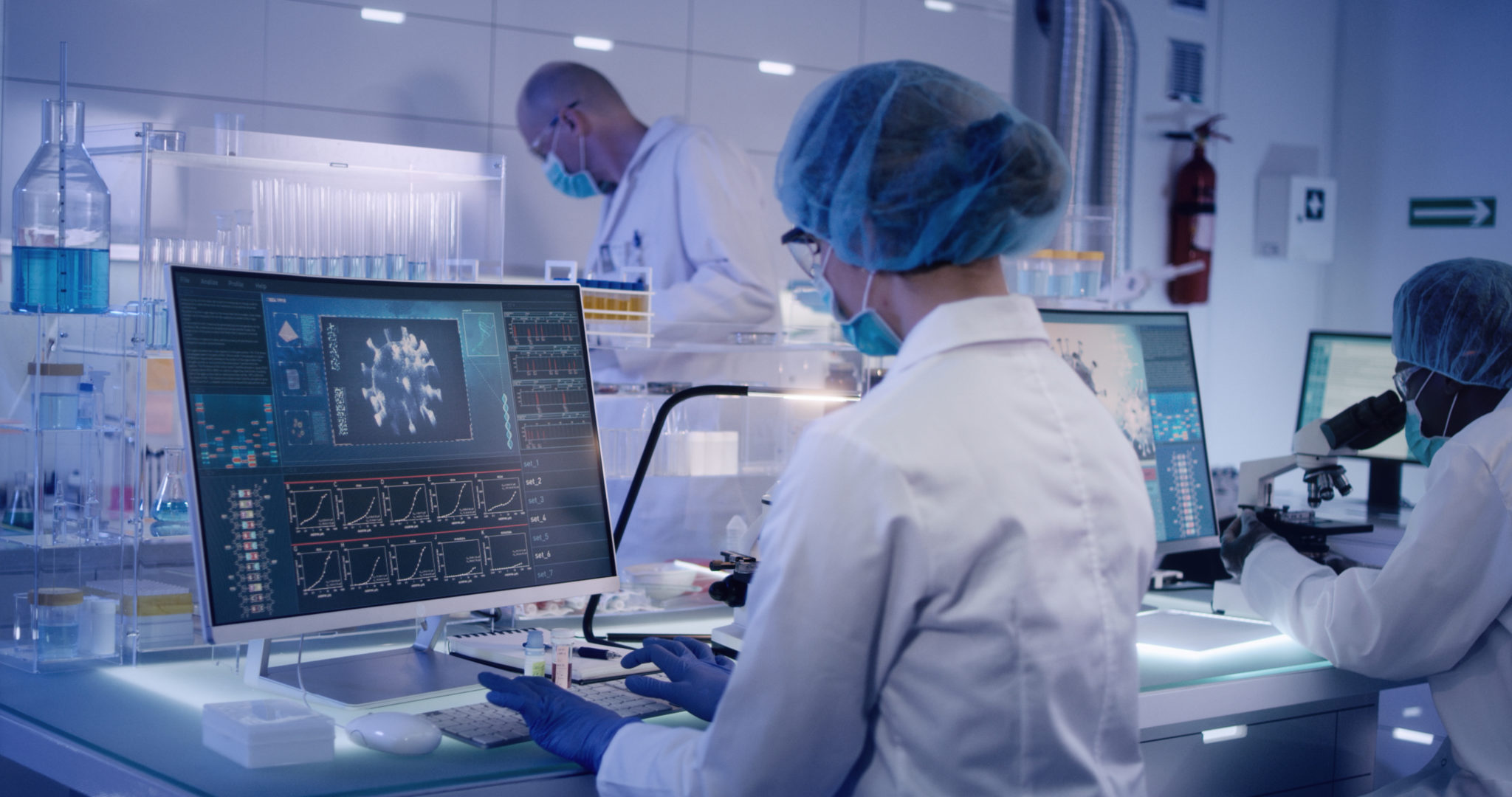Blog
Page 7
COVID-19 Vaccine: How do mRNA Vaccines Work?
Updated on May 18, 2025 | Published on Feb 26, 2021 Share
What is an mRNA Vaccine? Messenger ribonucleic acid (mRNA) is genetic material that acts as instructions for cells to develop proteins. An mRNA vaccine harnesses the productive capabilities of mRNA to build up immunities by subjecting the body to proteins that will be recognizable in the future if naturally exposed to a virus. How do mRNA Vaccines Work? While most vaccines contain a weakened or inactive infectious pathogen, mRNA vaccines …
Cell Culture Problems: Cell Clumping – Causes, How to Unclump Cells & How to Avoid Cell Clumping
Updated on Sep 5, 2025 | Published on Feb 25, 2021 Share
What Is Cell Clumping? When working with single-suspension cell cultures in a growth medium, it is not uncommon to experience cell loss in a sample. As cells are ruptured, they release DNA and debris that cause cells to aggregate into large clumps that make it difficult for them to expand. Cell clumping can both lead to and be caused by cell apoptosis, or cell death. As more cells die and …
Cell Harvesting: Methods for Isolating Cell Cultures from a Growth Medium
Updated on Aug 20, 2025 | Published on Feb 11, 2021 Share
Isolating Cell Cultures From a Medium The process of culturing cells involves the introduction of a host population to a growth medium, allowing the population to reproduce quickly in a nutrient-rich environment. After enough cells have spawned to satisfy the requirements of the intended experiment, those same cells need to be removed from the cell culture medium. The cells are intertwined within the substance in which they multiplied and need …
Cell Culture Contamination: Identifying Mycoplasma, Fungus, and Bacteria in a Growth Medium
Updated on Aug 20, 2025 | Published on Feb 10, 2021 Share
Contamination in Cell Cultures Medical research is an ever-evolving field that continues to contribute to the advancement of human health. A key component of this type of research is the process of cell culturing, which involves the isolation and expansion of a cell population. The cell culture process begins with the extraction of a target sample. Once the desired cells have been acquired, they must be purified to minimize contamination. …
Primary T Cell Culture and Expansion
Updated on Aug 20, 2025 | Published on Feb 8, 2021 By Dominique Badea, PhD Share
T Cells are a critical component of the immune system. They play a pivotal role in the body’s defense against infections, cancer, and a variety of other diseases. To harness the full potential of these immune warriors, scientists have worked hard on perfecting the art of T cell culturing. Research and development of new immunotherapies requires robust techniques to purify and culture T cells. This article serves as a primer …
T Cell Immune Response and Cytokine Storm in COVID-19 Patients
Updated on Apr 7, 2025 | Published on Feb 5, 2021 Share
T Cells and COVID-19 The body is naturally equipped with a variety of T lymphocytes that work together to fend off harmful pathogens. The human immune system routinely battles mild diseases with recognizable antigens. By attacking the source of a virus or bacteria, damage to healthy cells can be minimized. The T cell immune response to COVID-19 is different because it’s caused by an RNA virus (SARS-CoV-2). RNA viruses insert …
The Role of B Cells and T Cells in COVID-19 Immune Response & T Cell Immunity in COVID-19 Patients
Updated on Sep 7, 2025 | Published on Jan 4, 2021 Share
Recent developments in COVID-19 immunology research look at the role T cells and B cells play in immune response to infection with SARS-CoV-2. The global scientific community has made great strides in characterizing the immune response to severe acute respiratory syndrome coronavirus 2 (SARS-CoV-2), the virus responsible for coronavirus disease 2019 (COVID-19). There are several studies that have been published in recent months that take a closer look at how …
Akadeum Microbubbles: The Novel Approach to COVID Research (Webinar Dec 16)
Updated on May 18, 2025 | Published on Dec 8, 2020 Share
The emergence of COVID-19 has changed life as we know it the world over. This is a fast-moving and deadly pandemic that requires novel, next-generation technology to enable ongoing research and advanced diagnostic testing. Join us on December 16 to get an inside look at how Akadeum’s products and cell separation technology are contributing to the solutions of tomorrow. In this webinar, we will cover: An overview of the microbubble …
Improving Cell Separation for Single Cell RNA Sequencing
Updated on May 19, 2025 | Published on Nov 23, 2020 Share
RNA-Sequencing Medical advancements have provided researchers with strategies that change the way in which we understand biology. Scientists are now capable of studying coded protein patterns at a genomic level. RNA-sequencing (RNA-seq) is the process of detecting and analyzing the messenger RNA (mRNA) of a cell type. The range of mRNA molecules present in an organism is also known as the transcriptome. Identifying a biological transcriptome can give a better …
TIL Therapy: Revolutionizing Solid Tumor Treatment
Updated on Sep 7, 2025 | Published on Nov 23, 2020 Share
Tumor-infiltrating lymphocyte (TIL) therapy is a modern cancer treatment used to combat notoriously hard-to-treat solid tumors. Like other adoptive cell therapies, TIL harnesses the body’s immune system to combat malignancies by using T cells, a type of white blood cell integral to immune response. Except in TIL therapy, these T cells are directly extracted from tumors. Having survived the tumor microenvironment, these lymphocytes are already primed to recognize and attack …



